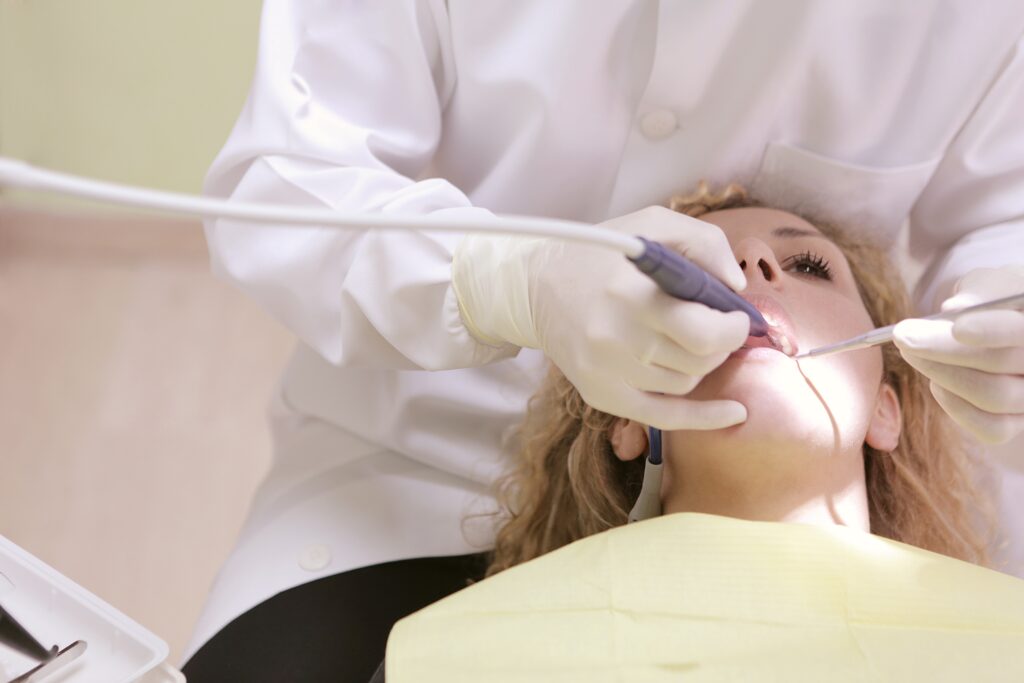Dental emergencies are a real possibility. Even with the best preventive care, bad things can happen to good teeth. The location of your dentist’s office and emergency services is a consideration when choosing an apartment or housing complex. If you find yourself in an unanticipated dental emergency, there are steps you should take to mitigate potential damage and get back on track as quickly as possible. If you experience pain from an unexpected dental issue, it’s important to assess the severity of the problem and determine whether it poses a risk to your general health. Some dental emergencies don’t require urgent action; others demand immediate attention from a professional. Read on for information about recognizing and resolving common dental emergencies.
Dental Emergencies – Hurried Guide
Most people will experience at least one dental emergency in their lifetimes. Some may face several during their lifetimes. Keep the following in mind if you find yourself in a situation where you need to avert a crisis. – If you have a dental emergency, be sure to assess the severity of the issue.
- If possible, try to pinpoint the cause of the problem so you can mitigate similar problems in the future.
- It may be tempting to just ignore a dental problem, that’s not a good idea. Ignoring dental issues can lead to more serious problems.
- If you have what you believe to be a dental emergency, try to get in touch with your dentist as soon as possible.

Broken Tooth
Broken teeth are one of the most common dental emergencies. If your tooth breaks, the first thing you should do is calm down. Try to remain still, and don’t chew anything. You’ll want to contact your dentist or emergency dental office as soon as possible. There are several steps you should take to minimize damage and discomfort during the healing process. Bite down on a piece of gauze or soft substance to prevent the broken tooth from breaking further. Avoid rinsing or using a toothbrush on the broken tooth. It’ll be better to let your dentist handle the broken tooth until it can be fixed.
Chipped Tooth
If you chip a tooth, the best thing to do is visit your dentist for an examination and evaluation. After an examination, your dentist may recommend filling the tooth down to even out the surface and prevent further damage to the tooth. If you chip a front tooth, you may want to consider getting the tooth whitened to hide the chipped surface. A chip in a back tooth may be less noticeable depending on the shape of your face.

Infected Tooth
Infected teeth are a serious dental emergency. If you suspect you have an infected tooth, you’ll want to get in touch with your dentist as soon as possible. Some signs of an infected tooth include swelling, severe pain, and a high fever. If you have these symptoms, don’t hesitate to get in touch with your dentist. There are a couple of courses of action your dentist may take if you have an infected tooth. Your dentist may remove the tooth to prevent the infection from spreading and causing further damage. Or, if the infection is caught early enough, your dentist may prescribe antibiotics.
Swelling and Tenderness
Swelling and extreme tenderness are often signs of a dental abscess. If you’re experiencing these symptoms in the area where you have a dental infection, the infection has likely progressed to an abscess. An abscessed tooth is a dental emergency. If you have an abscessed tooth, you’ll want to get in touch with your dentist as soon as possible. Your dentist may lance the abscess and drain the infection. Your dentist may also prescribe antibiotics and painkillers.
Dental Fracture
A dental fracture is a break in one or more of your teeth. If you have a dental fracture, you’ll want to get in touch with your dentist as soon as possible. Your dentist may recommend that you take antibiotics to prevent an infection. Your dentist may also suggest using a mouth guard to protect the damaged tooth until it can be treated.
Conclusion – Dental Emergencies Are Avoidable
In most cases, dental emergencies are avoidable. A good rule of thumb is to brush twice a day and floss at least once a day. It’s also important to schedule regular checkups with your dentist. By keeping your teeth healthy, you can reduce your risk of dental emergencies. If an emergency does occur, be sure to get in touch with your dentist as soon as possible. While it’s important to try to avoid emergencies, dental issues are sometimes unavoidable. Knowing what to do in the event of a dental emergency can help you get back to living your life as quickly as possible.
Like what you read and want a good toothbrush to keep your dental game up? Check out our website for an amazing range of toothbrushes and get in touch with our supplier today!

